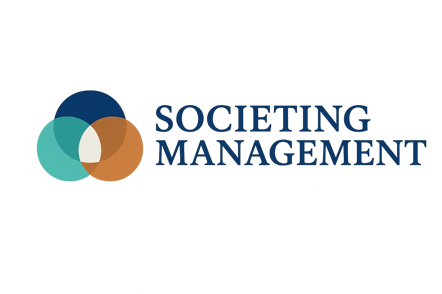Why the era of top-down sustainability must give way to passion, community and co-creation.
A never-ending chain of models
For more than twenty years I’ve been following the evolution of sustainability management and reporting. And what a ride it has been.
From the early environmental policies to CSR, then to the triple bottom line and the GRI sustainability reports. Then came ISO 26000, “shared value”, ESG, and the EU taxonomy. Each new wave has promised a better way to measure, report, and manage sustainability.
They are increasingly sophisticated and precise — and yet, in the end, they all share the same DNA: models imposed from above, designed in the rooms of thinkers, academics, politicians, big consultancies, and large corporations competing to make their model the standard.
Stakeholder engagement — or just lip service?
Every model celebrates “stakeholder engagement”. But let’s be honest: how often do the voices of communities or non-executive employees truly influence management decisions?
I still remember attending the EU “Multistakeholder Forum on CSR” back in 2004. The listening exercises were impressive — and then? Almost nothing changed. The same pattern repeats itself today.
The taxonomy from outer space
Take the EU taxonomy — perhaps the most alien document of them all. Try applying it to the management model of an SME (which, by the way, represents 90% of Europe’s productive fabric): it feels like it was written on another planet, by aliens, for an unknown audience.
Yes, the intention to create a shared language is laudable, but how many truly understand it?
“It risks meeting the fate of Esperanto!”
Transparency is not enough
If the ultimate goal of all this is to make the world a better place — where companies act ethically and consumers feel respected — then rules, tables, and metrics alone are not enough.
We need to make sustainability loved, to make it a friend, to make people demand it.
Too often we hear: “we do sustainability because people ask for it.” Maybe that was once true. But today, with all these rules and reporting obligations, people’s feelings are shifting — and not in a good way.
To restore that bond, we must make sustainability desirable again.
Because only through positive feelings like love and passion can attitudes and behaviours truly change. Rules create transparency — but love creates transformation.
Falling in love with the sea
That’s exactly what SEIF – Sea Essence International Festival does every year.
Created by the Acqua dell’Elba Foundation, SEIF brings together scientists, artists, citizens, institutions and businesses around the sea — not as a resource to be managed, but as something to be loved.
It celebrates the Mediterranean as a connector of communities, generations and cultures. And by doing so, it achieves what few sustainability frameworks can: it moves hearts, not only numbers.
From top-down to co-creation
To build sustainability strategies that will work tomorrow, we must move from imposition to co-construction.
The key question is simple: what does sustainability mean for a community?
Ask them. Listen. Then act accordingly.
That’s what the Elba 2035 project did: a participatory initiative led by Acqua dell’Elba to imagine a sustainable future for the island. Citizens, schools, associations and institutions co-created a “Manifesto for the Future” — proving that real sustainability is born from shared vision, not from imposed standards.
The B-Corp wave
Among the models that truly connect with people, the B-Corp movement stands out.
Certified by B Lab, B-Corps are companies that meet high standards of social and environmental performance, transparency and accountability. Unlike many frameworks, this one is understood by both businesses and consumers — because it’s concrete, measurable, and voluntary.
Closely related is the Benefit Corporation (or Società Benefit in Italy): a legal form that embeds community and environmental benefit into the company’s statute. It’s a small revolution — and yet still underestimated.
A good example is Acqua dell’Elba, which became a Società Benefit in 2021, aligning its business success with its commitment to the island community and the sea.
Not perfect, but promising
Of course, not everything coming from society is automatically good. The B-Corp model has its own limitations: certification can be costly and time-consuming, and critics argue that large, well-resourced companies can game the system.
But if integrated with other tools — such as classic ESG frameworks — it can become a powerful, credible and accessible path.
It’s simple, understandable, and already appreciated by consumers.
A model that, at least in part, comes from the bottom.
The road is there — and it must be travelled quickly.
The age of top-down sustainability is over.
The time to make it loved again has come.




